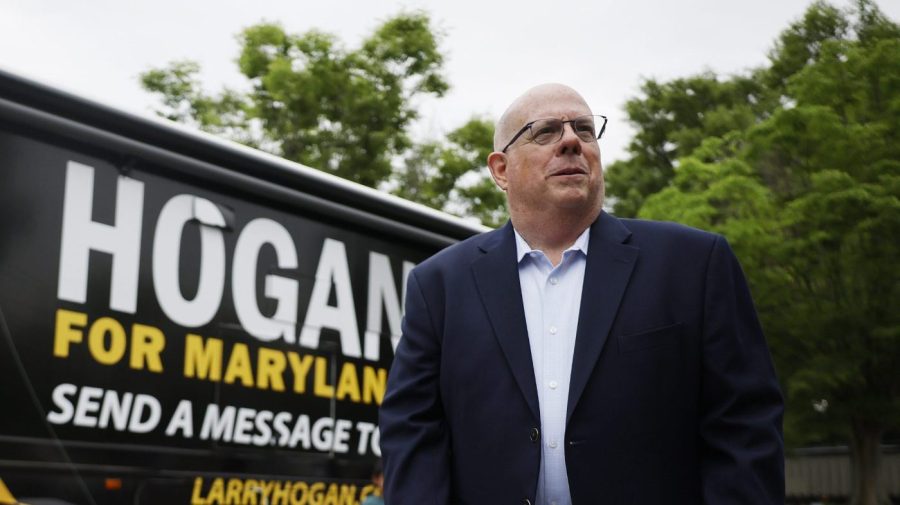
Maryland Senate candidate Larry Hogan (R) released a 30-second ad spot Tuesday in which he said Republicans could not rely on his vote if he is elected to the Senate.
In the ad — Hogan’s second in the general election cycle so far — the moderate Republican reaffirmed his commitment to being an independent voter.
“I want to say this upfront: In the Senate, Republicans can’t count on my vote,” Hogan, the former governor of the Old Line State, said in the ad spot. “But, then again, neither can Democrats.”
“If they want my vote, they will have to do what is right for Maryland, not one political party,” he continued. “That’s exactly what I did as your governor, and it’s exactly the kind of Senator I’ll be.”
The ad, titled, “Right for Maryland,” will run across the Baltimore and Washington, D.C., regions on broadcast, cable and digital platforms. It is part of the more than $1 million ad buy launched last week with the first ad, which saw Hogan pledge to support legislation that would codify Roe v. Wade into federal law.
The advertisement also comes as Hogan seeks to quash concerns that, if elected to represent the blue state in the U.S. Senate, he would fall in line with the mainstream Republican platform and boost the party’s national agenda.
Hogan — who was popular as governor of Maryland — rose to national prominence as a moderate Republican who became a rare frequent critic of former President Trump’s.
He won the GOP primary after making a surprise entry into the Senate race earlier this year, fueling Republican hopes for a victory in the blue-leaning state. Cook Political Report moved the race to “likely Democrat” from “solid Democrat” when Hogan announced his run.
Prince George’s County Executive Angela Alsobrooks (D) defeated incumbent Rep. David Trone (D-Md.) for the Democratic party’s nomination, and she will face off against Hogan in November, as they vie to succeed retiring Democratic Sen. Ben Cardin (Md.).
Hogan had briefly been seen as a possible third-party presidential race contender with No Labels, the bipartisan political group that aimed to form a unity bid for 2024 — of which he was a former chair.
The Maryland Republican said earlier this year that he would not vote for Trump, the presumptive GOP nominee, in November, but would seek a third-party alternative instead.













